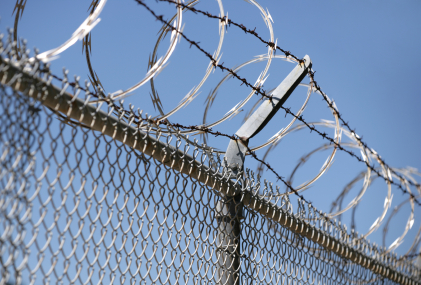Content Warning: Sexual Assault
On Sunday, Jan. 26, Kobe Bryant passed away in a helicopter accident along with his thirteen-year-old daughter Gianna and seven others. At only 41, Bryant was considered one of the greatest athletes of his time and inspired many through his accomplishments.
As a seventeen-year-old from Philadelphia, Bryant entered the NBA from high school, with a contract with the Los Angeles Lakers. At the time, he was the youngest player in the history of the NBA.
Among his twenty year-long career with the Lakers, he recorded 33,643 points, the fourth most in NBA history. He appeared in eighteen All-Star games and won two Olympic gold medals. He was the NBA’s most valuable player in 2008, a five-time NBA champion, and a fifteen-time selection to the All-NBA team.
For many basketball players, Bryant was an inspiration and role model. First-year Swarthmore men’s basketball player George Corzine ’23 remembers how Bryant influenced his basketball career.
“He was an inspiration and an icon and he almost seemed immortal,” Corzine said. “Everyone respects his work ethic and his competitiveness. Hearing the news for the first time was surreal, and it left me with an empty feeling knowing that an ambassador of the sport that I looked up to growing up was no longer around.”
Bryant’s death has been felt by many beyond just avid basketball fans and his supporters. Social media exploded with tributes to Bryant, touching on his contributions to the game of basketball and reminding others to remember him well.
It is undeniable that Bryant was a prodigious athlete and a well-respected public figure. The discourse covering his death, however, has often neglected to mention or barely touched on some troubling aspects of his past, including a sexual assault allegation in 2003. In the case, Bryant was accused of raping a nineteen-year-old woman in his hotel room. Bryant issued a public apology in 2004, in which he directly addressed his actions on the night of the assault, acknowledged the legitimacy of the victim’s perspective, but admitted no guilt. The case was eventually settled in September of 2005 with the terms not disclosed to the public.
While Bryant’s legacy is complex and flawed, the significance of his death cannot be understated. Kobe Bryant is undoubtedly one of the most important athletes of the 21st century; his astounding athletic feats and ubiquitous cultural impact have defined the last twenty years of professional sports. From children yelling “Kobe!” when shooting three-pointers on playgrounds to the impact he had on the world of professional sports, Kobe Bryant will be missed.
















